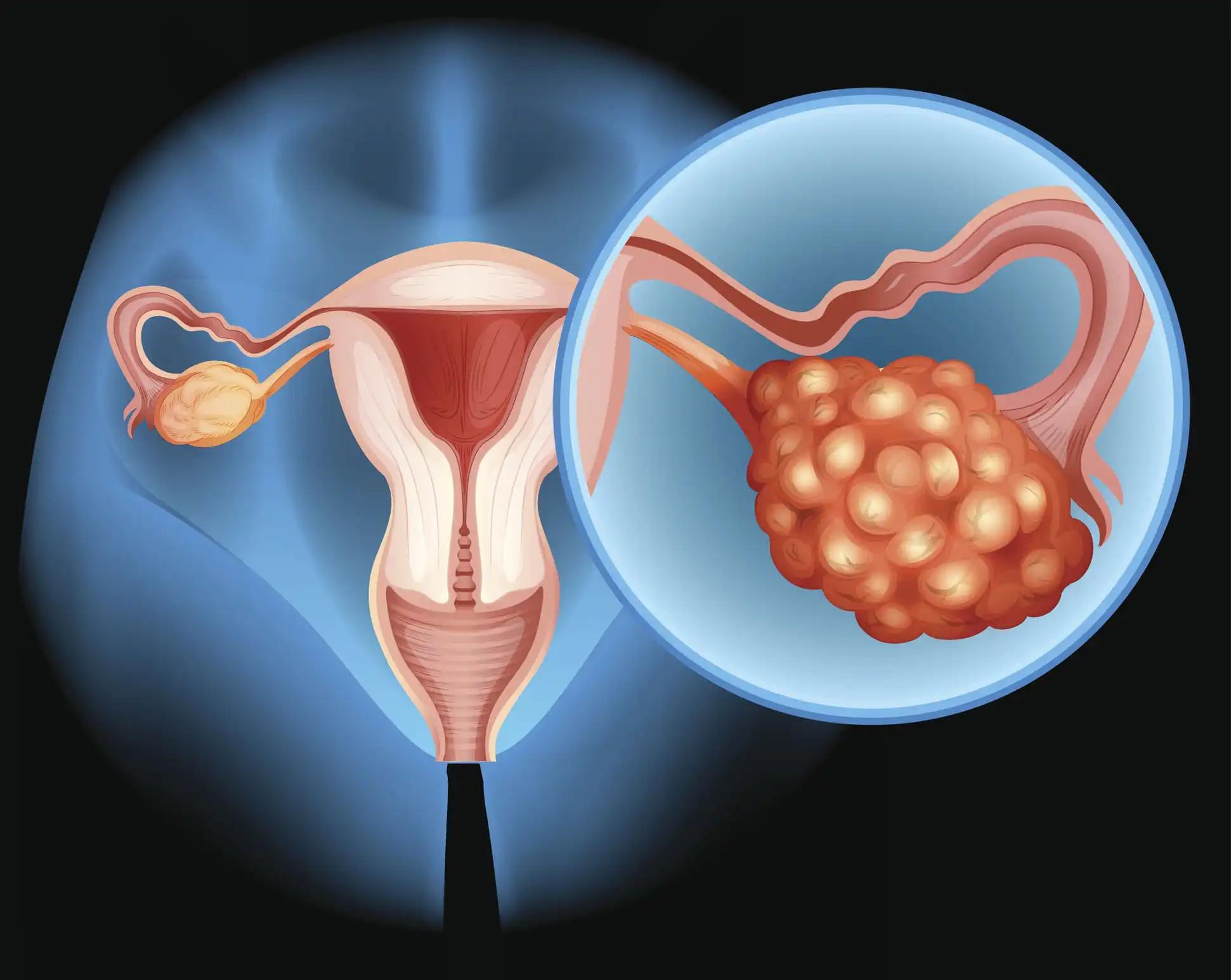KEY TAKEAWAYS
- The ATHENA-MONO is a Phase III, double-blind, randomized, multicentre study targeted toward Ovarian Cancer.
- The study aimed to determine the efficacy of Rucaparib maintenance as a first-line treatment based on factors such as the timing of surgery.
- The study’s primary outcome measure was Investigator assessed PFS; the median PFS stood at 17.5 vs 6.4 for patients with FIGO Stage IV and 20.3 vs 10.4 for FIGO Stage III.
- The trend continued with the Rucaparib’s median PFS being more than Placebo’s on all study parameters.
- Rucaparib demonstrated clinical significance in improving the PFS and proved to be a viable maintenance treatment option for advanced ovarian cancer.
In the Phase III ATHENA-MONO (GOG-3020/ENGOT-ov45) trial, patients with advanced Ovarian Cancer (OC) showed progression-free survival (PFS) improvement when administered Rucaparib maintenance first-line treatment as compared to placebo (median PFS, 20.2 vs. 9.2 months; log-rank P.0001; HR, 0.52; 95% CI, 0.40-0.68) regardless of molecular characteristics. Patients were recruited in ATHENA-MONO with or without high-risk clinical characteristics for disease progression. The study evaluated whether all patients, including those with better prognostic factors at baseline, benefited from Rucaparib 1L maintenance treatment.
Patients with high-grade, FIGO stage III–IV OC were randomized 4:1 to receive oral Rucaparib 600 mg BID or placebo after undergoing cytoreductive surgery, 4–8 cycles of 1L platinum-doublet chemotherapy, and a response (partial [PR] or full [CR]). In subgroups based on FIGO stage, the timing of surgery, and disease status post-chemotherapy, investigator-assessed PFS was measured.
Patients were randomly assigned to receive Rucaparib monotherapy (n=427) vs. placebo (n=111). The majority of patients (75%), who had FIGO stage III disease, received primary surgery about half of the time (49%), and most (75%), had no residual disease after chemotherapy. Rucaparib improved investigator-assessed PFS in the ITT cohort across all subgroups based on FIGO stage, the timing of surgery, and residual illness compared to placebo.
Regardless of the timing of surgery or prognostic disease characteristics, such as FIGO stage or residual disease, 1L Rucaparib maintenance therapy increased PFS vs. placebo across subgroups in the ITT cohort. These findings support a novel maintenance therapy for OC patients, regardless of molecular characteristics, with or without significant baseline risk factors for progression.
Source: https://oncologypro.esmo.org/meeting-resources/esmo-asia-congress/Rucaparib-maintenance-treatment-in-patients-pts-with-newly-diagnosed-ovarian-cancer-oc-defining-benefit-according-to-disease-risk-subgroups-wi
Clinical Trial: https://clinicaltrials.gov/ct2/show/NCT03522246
Fujiwara, K., Kristeleit, R., Ghamande, S., Lim, M., Parkinson, C., Morgan, M., Wilson, M.K., Oaknin, A., Buscema, J., Bessette, P., Lorusso, D., Ueland, F., Safra, T., Barlin, J.N., Marmé, F., Herzog, T.J., McNeish, I.A., Goble, S., Hume, S., Monk, B.J. (2022). 178O – Rucaparib maintenance treatment in patients (pts) with newly diagnosed ovarian cancer (OC): Defining benefit according to disease risk subgroups within the phase III ATHENA–MONO study. Annals of Oncology (2022) 33 (suppl_9): S1503-S1514. 10.1016/annonc/annonc1126



